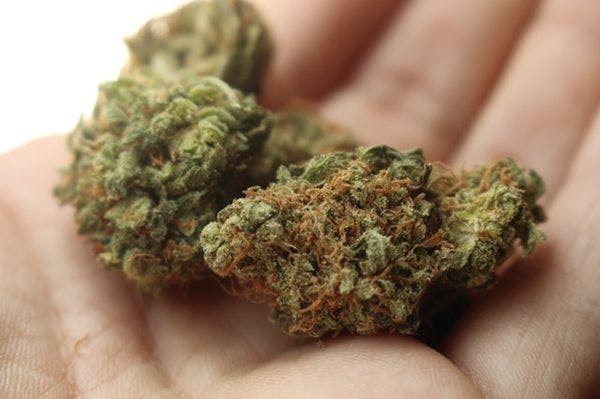Pexels - Stay Regular
Virginia aprueba descriminalización del cannabis en medio de una enorme disparidad racial en cuanto a arrestos
Aunque constituye un paso muy necesario en la dirección correcta, defensores de la reforma de políticas sobre drogas están preocupados de que la discreción para la aplicación de la ley podría perpetuar las disparidades en cuanto a acciones de patrullaje policial. Más información, en inglés, está disponible abajo.
By Avinash Tharoor / TalkingDrugs
The governor of the U.S. state of Virginia has approved a law that removes all criminal penalties for simple cannabis possession.
Cannabis Decriminalisation in Virginia
This is not legalisation, but decriminalisation. The new law (HB972), which will take effect from July 1, means that possession of up to one ounce of cannabis will no longer be a criminal offence and can only be met with a civil penalty – a fine of up to $25 (£20). Until now, a first-time cannabis possession offence could be punished by up to 30 days’ imprisonment and a $500 (£400) fine. Possession of more than an ounce, or the sale of any amount, remain criminal offences that can garner several years imprisonment.
The criminalization of cannabis has had a significant impact on the population of Virginia, particularly in recent years. According to the Virginia State Police, there were almost 29,000 arrests relating to cannabis in 2019 – of which more than 50 per cent involved people under the age of 24.
Racial Disparity and the US Drug War
Perhaps the most disproportionate impact of criminalization has been that imposed upon Virginia’s Black communities. Despite making up less than 20 per cent of the state population, Black people make up 45 per cent of first-offence cannabis possession arrests in Virginia between 2007 and 2016. For subsequent cannabis possession offences, that proportion rises to a staggering 53 per cent.
It’s a similar story to the manifestation of the drug war across the U.S. As the Drug Policy Alliance has found, Black people and other people of colour use and sell drugs at similar rates to white people, yet “they are more likely to be stopped, searched, arrested, convicted and harshly sentenced, [and] they suffer most from the repercussions of a lifelong criminal record”.
Indeed, the impact of a drug conviction, however minor, can be wide-reaching in its harms beyond incarceration, creating barriers to education, housing, and employment. This can lead to a cycle of poverty, impacting people’s children and families, spurring ripple effects that harm entire communities.
